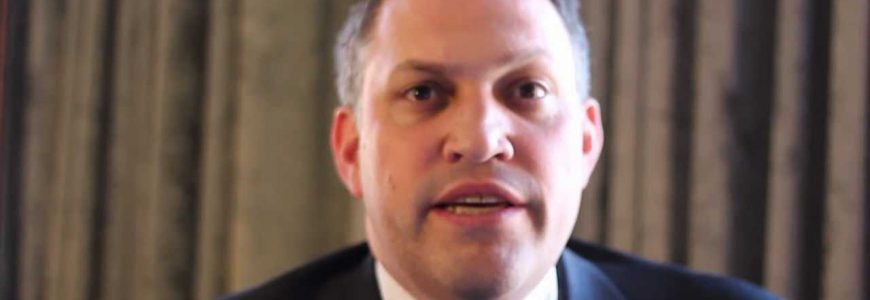In late September Michael Rubin, a senior fellow at the American Enterprise Institute, wrote an article Nagorno-Karabakh: A Year of U.S. Failure in the South Caucasus.
Michael Rubin worked previously at the Office of the U.S. Secretary of Defense where he was staff adviser for Iran and Iraq (2002–04) and served as Political Adviser for Coalition Provisional Authority at Baghdad (2003–04).
Mediamax talked to Michael Rubin.
Most likely, U.S. intelligence was aware of the intention of Azerbaijan and Turkey to start a war in September 2020. Did the American side have real opportunities to prevent this war?
The Congress has never confirmed whether U.S. intelligence was aware of Azerbaijan and Turkey’s intention to start a war. I think it more likely there was an intelligence failure rather than a deliberate decision to ignore a pending attack. If the American side did have foreknowledge, however, simply exposing it in advance might have prevented the attack. After all, Turkey and Azerbaijan launched a surprise attack; had Armenia and Artsakh been aware of it beforehand, they could have taken steps to pre-empt or blunt the attack.
What could the United States do after the war broke up to stop it as soon as possible but did not do it?
Drones were decisive in the war. The United States might have helped with counter-drone technology but, realistically, Armenia’s defense relationship with Russia precludes the sharing of such sensitive technology. Certainly, the United States could have sanctioned Turkey and Azerbaijan. This would be slower sanctions do work: Erdogan is full of bluster but, when Trump imposed sanctions, he released Pastor Andrew Brunson, an American hostage Erdogan has seized.
For decades, representatives of the United States and Russia were saying that despite the differences over many issues of international politics, the OSCE Minsk Group co-chairmanship was the format in which they really cooperate effectively. How sincere were these assurances?
Obviously, Washington was more sincere than Moscow, since Russia unilaterally abrogated its agreements. That said, while the Minsk Group was founded with good intentions and there had been some progress in recent years, it was not a major focus of US policy. While Russia and France appointed ambassadors as its co-chairs, the United States appointed a lesser-ranked diplomat.
Does the format of the OSCE Minsk Group co-chairmanship continue to be a capable instrument, or does it rather work by inertia and sooner or later will lose its significance?
I’d say its significance was lost last year.
There are forces in Yerevan which believe that despite the increased dependence on Russia, Armenia should make efforts to build relations with the United States. But does the American side have an intention to strengthen relations with Armenia? What can Armenia’s attraction be?
There is no reason why Armenia can’t have good relations with both the United States and Russia, much like Kazakhstan and Egypt do. While many in the US are suspicious of Armenia’s ties to Russia and Iran, Armenia should respond by pointing out that these are of necessity given the Turkish-Azerbaijani blockade. There is no reason why the United States should not pressure for the lifting of the illegal Turkish and Azeri blockade of Armenia. Armenia also can make its diaspora ties to the UK, Iran, and Russia and asset and market itself as a hub for diplomacy.
You conclude your article with a call to impose sanctions against Ilham Aliyev’s regime. But why impose sanctions against a president who, apparently, suits everyone: Russia, the United States and the Europeans, who today, more than ever, need alternative energy suppliers?
Remember, the US doesn’t get its energy from the Middle East let alone Azerbaijan; we get ours from Alaska, the Gulf of Mexico, or Brazil. Azerbaijan is not as important as it thinks it is, especially with the development of Eastern Mediterranean fields. The problem really is not economic, though: it’s that Aliyev is turning into Saddam Hussein. British Petroleum and London can have their own policy, but the US should see the warning signs and pull back from its ties before he sets off a cascade of events which would destabilize the entire region

